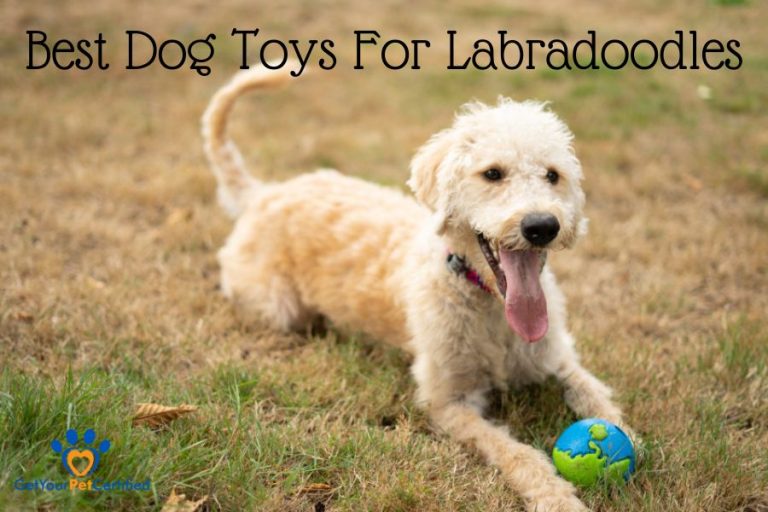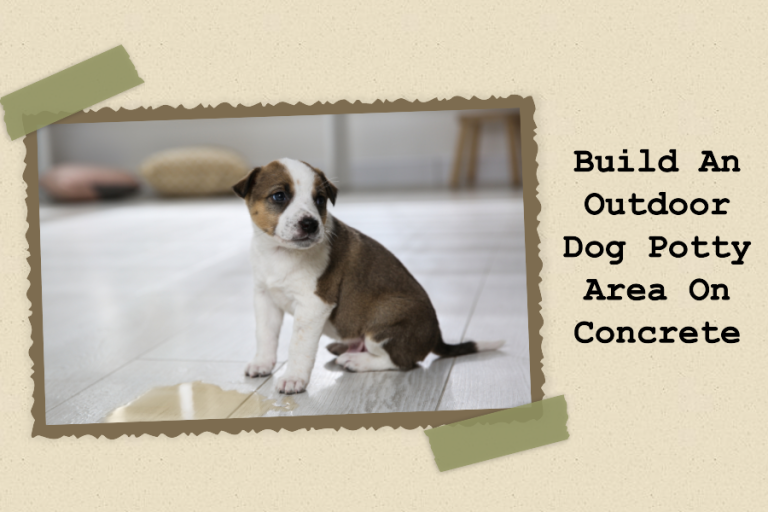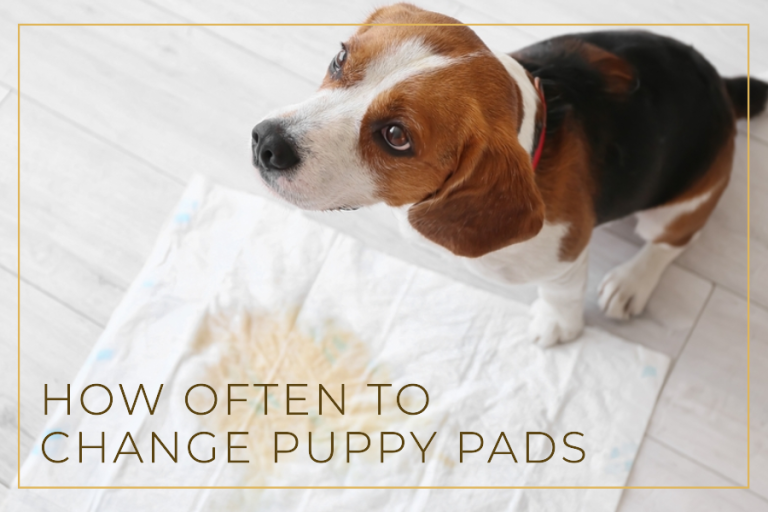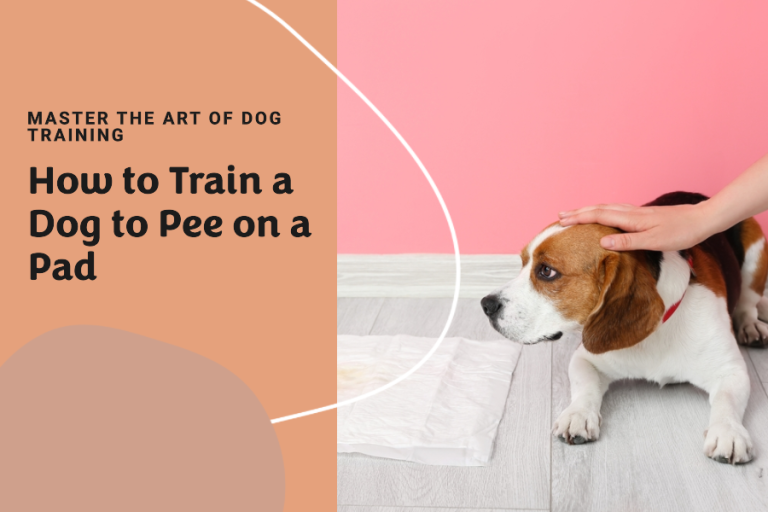Why Are German Shorthaired Pointers So Clingy?
Welcome to our interesting blog post about the question, “Why are German Shorthaired Pointers so clingy?” Although these dogs are adored by their owners, their clinginess often causes concern. We’ll talk about the breed traits, social needs, and mental ties that make them clingy. Join us as we unravel the mystery and gain insights into the fascinating world of German Shorthaired Pointers.
German Shorthaired Pointers’ Characteristics
Level of Training: The GSP is an easy dog to train and is willing to learn new things. This breed of dog wants to make their owners proud, and they can try to fulfill their demands.
Family affection: GSPs treat everyone they know like their best friend. They love to show affection and enjoy playing with family members.
Energy level: GSP has very high energy. They enjoy physical and mental activities. This is a very energetic dog who is ready to go on exciting adventures.
Good with young children: this is a fairly family-friendly dog and is patient with children’s behavior. However, supervision is required when your dog plays with your child.
Good with other dogs: The GSP gets along well with other breeds and rarely quarrels. However, Dogs should always be supervised to interact with and get to know other dogs.
Mental Stimulation Needs: GSPs need mental stimulation to stay happy and healthy. Specially bred pups engage in activities that demand decision-making, problem-solving, focus, and other tasks. If they lack the necessary brain training, they will invent their own ways to occupy their minds.
Why Are German Shorthaired Pointers So Clingy?
German Shorthaired Pointers are known for their affectionate and loyal nature, which can sometimes manifest as clinginess. There are several reasons why these dogs may exhibit clingy behavior. Let’s find it!

German Shorthaired Pointers are naturally social dogs that thrive on human interaction. They form strong emotional bonds with their owners and seek constant companionship. Their need for social bond and desire to be part of the family unit make them clingy.
Separation Anxiety
German Shorthaired Pointers are prone to separation anxiety, which can contribute to their clingy behavior. They can become anxious and distressed when left alone for extended periods. Their clinginess is how they seek reassurance and comfort from their owners, as they rely on their presence to feel secure.
Loyalty and Dependence
German Shorthaired Pointers are incredibly loyal and dependent on their owners. They have a strong desire to please and always be by their side. Their clinginess results from their loyalty and dependence, as they view their owners as their main source of guidance and protection.
Breed History
German Shorthaired Pointers were originally bred as hunting dogs, working closely with their human companions. The breed and humans have a deep affinity because of their close interaction. Their clinginess comes from their working past, as they are predisposed to obey their handlers’ instructions.
Emotional Sensitivity
German Shorthaired Pointers are known for their emotional sensitivity and responsiveness to their owners’ moods and emotions. They can pick up subtle cues and react accordingly. Their attachment may arise from their inclination to offer solace and assistance to their owners, perceiving when they require additional attention or reassurance.
How to Handle Clingy German Shorthaired Pointers?
Controlling clingy behavior in German Shorthaired Pointers needs applying an effective approach that understands their emotional requirements while encouraging self-reliance. Here are some tips to help manage their clinginess:
Establish a Routine
Setting a consistent daily routine can help provide structure and stability for your clingy German Shorthaired Pointer. This includes scheduled feeding times, exercise sessions, and designated alone time. By sticking to a routine, your dog will develop a sense of predictability and feel more secure.
Gradual Separation Training
Gradually desensitizing your dog to being alone can help alleviate their clinginess. Start by leaving them alone for short periods and gradually increasing the duration. You can create positive associations with being alone by reinforcement techniques, such as treats or toys. This will help your dog build confidence and learn that being alone is not a cause for anxiety.
Provide Mental Stimulation
Clingy behavior can sometimes stem from boredom or lack of mental stimulation. Encourage your GSP in mental activities like puzzle toys, interactive games, or obedience training. This will keep their minds engaged and redirect their focus away from seeking attention.
Encourage Independence
Encouraging your dog to be more independent can help reduce their clinginess. Gradually increase the distance between you and your dog during playtime or training. Teach them orders like “stay” and “wait” to help them be more independent and feel more comfortable alone for short periods of time.
Seek Professional Help
If your German Shorthaired Pointer is too attached or hard to handle, you might want to seek advice from a professional dog trainer or behaviorist for help. They can give you tips and techniques that are adapted to your dog’s needs and help you find a good mix between bonding with your dog and giving it space.
Conclusion
It’s important to know that GSPs may be clingy, but that just shows how much they love and care for their owners. You should give them love, care, and training regularly to help them stop being so clingy and make the relationship better and more balanced.
Consider that it needs kindness, consistency, and understanding to deal with clingy behavior. You can help your GSP become more confident and independent by using these tips and giving it a safe and loving setting.









